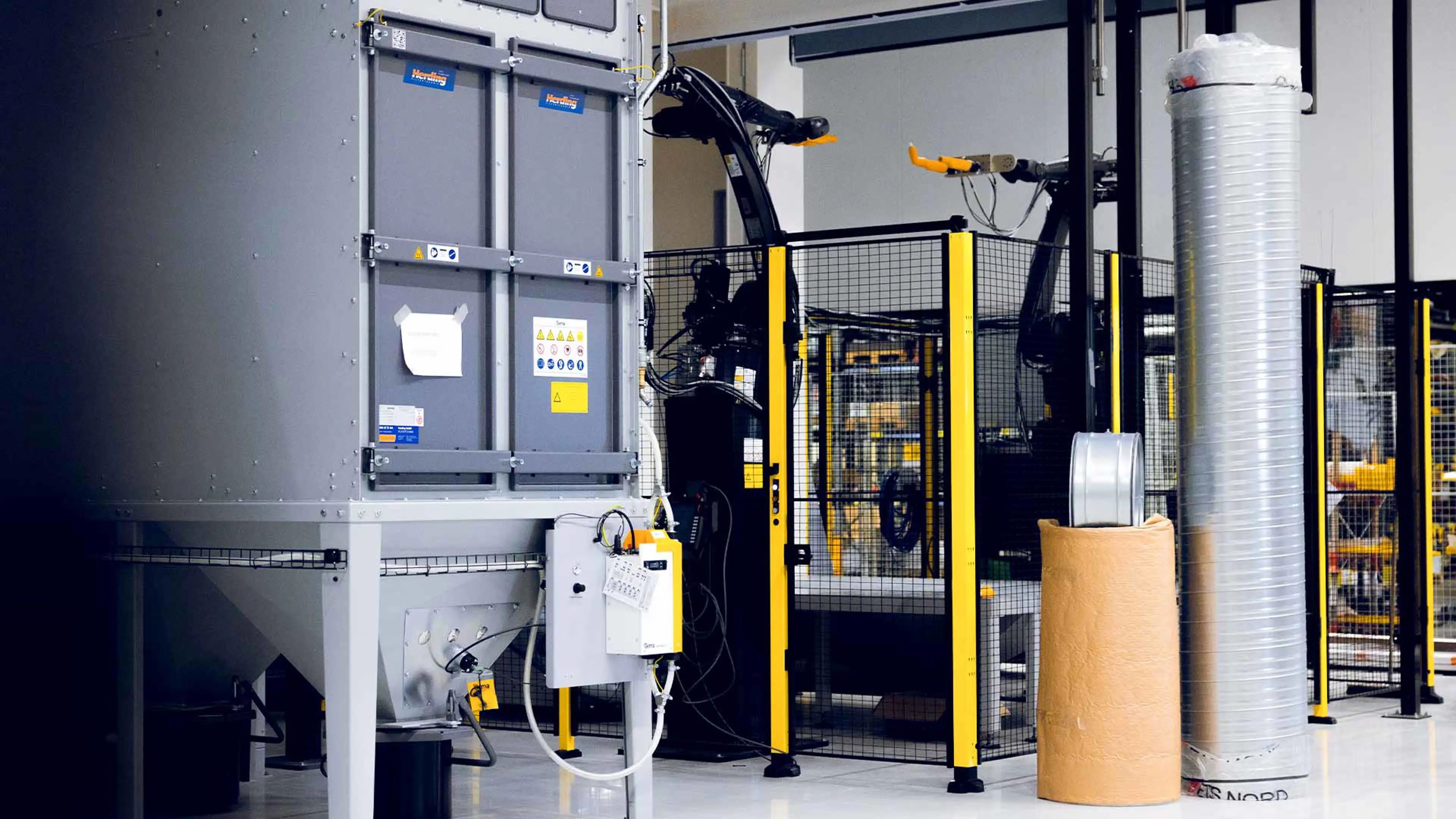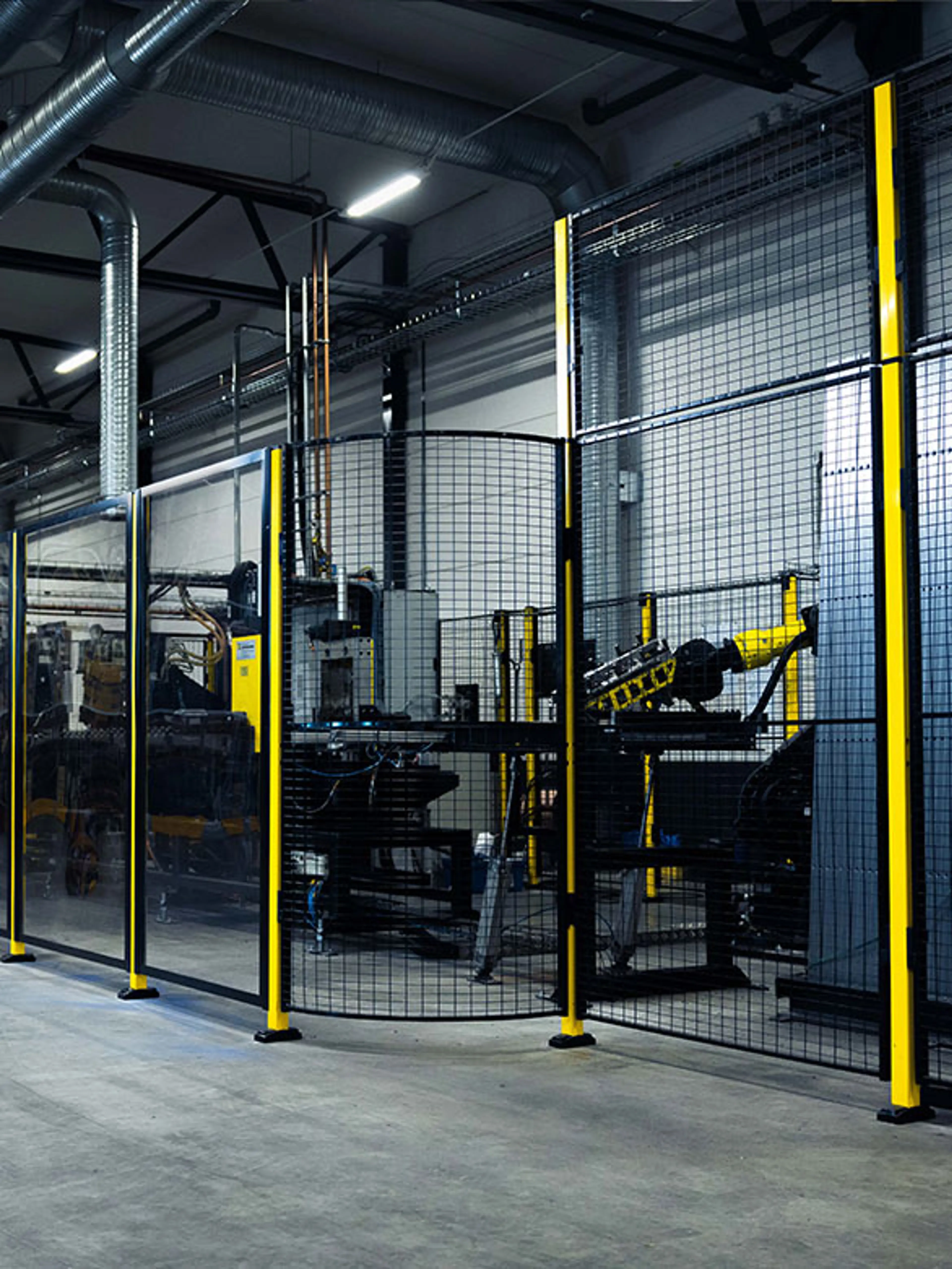
4.0
Rules for industrial safety
Ensuring safety and compliance in industrial environments involves adhering to rigorous rules on industrial safety, including laws, occupational safety and health regulations, as well as ISO and national standards. The goal is to protect workers and optimize operations.
Navigating rules for industrial safety
Understanding and navigating machinery regulations is essential for anyone involved in the manufacturing, operation, and maintenance of machinery.
These rules are designed to ensure safety, efficiency, and compliance with industry standards and governmental requirements. They also serve as the foundation for safe, efficient, and sustainable operations across various sectors. Meticulously crafted to protect both the machinery and the individuals who operate and interact with these machines, these rules are essential for several reasons.
Safety is the primary concern. Ensuring the safety of operators and other personnel is paramount, and stringent safety standards help prevent accidents and injuries, fostering a secure working environment. By applying these regulations, we can significantly reduce the risk of harm to workers, which is the goal of any safety protocol.

Industrial safety laws and standards
Compliance with machinery regulations helps businesses prevent accidents and human suffering, avoid legal repercussions and penalties. Throughout this chapter we present and explain several regulations.
It enhances the company’s reputation and reliability, instilling confidence among stakeholders and customers. Moreover, staying compliant demonstrates a commitment to ethical practices and corporate responsibility.
This guide aims to highlight the critical importance of machinery regulations and provide a comprehensive understanding of their implementation. Embracing and adhering to machinery regulations ensures safer workplaces, more efficient operations, and a more sustainable future. By understanding and implementing these standards, we can collectively contribute to a better, safer, and more productive industrial environment.
